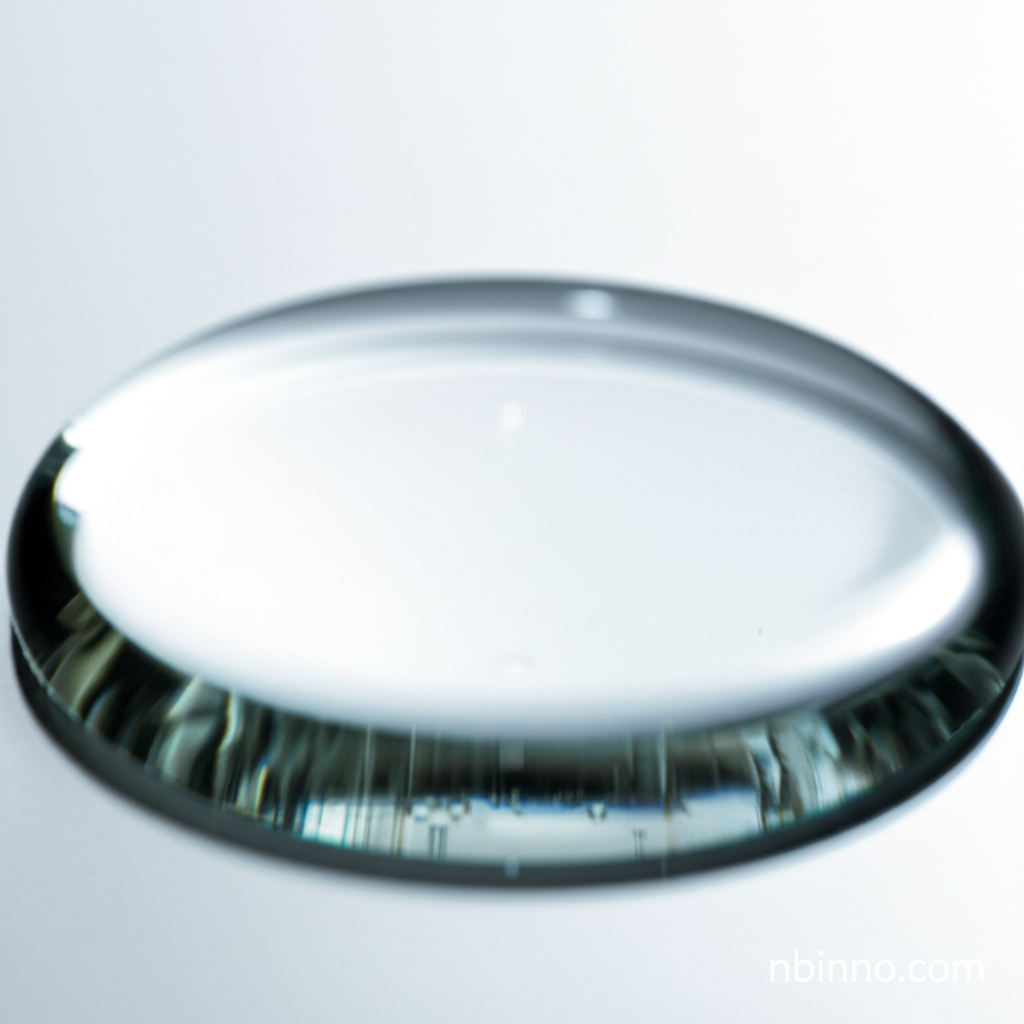Understanding Dioctyl Phthalate (DOP): Properties and Applications
Explore the versatile uses and critical considerations of DOP in modern industries.
Get a Quote & SampleProduct Core Value

Dioctyl Phthalate
Dioctyl Phthalate (DOP) is a crucial chemical additive primarily utilized as a plasticizer. Its principal role is to enhance the flexibility, durability, and workability of polymers, most notably Polyvinyl Chloride (PVC). This makes it an indispensable component in the manufacturing of a vast array of products, contributing significantly to their performance and longevity.
- Discover the extensive PVC plasticizer applications of Dioctyl Phthalate, a key ingredient for improving material properties.
- Understand the chemical properties of DOP, including its effectiveness as a plasticizer and its role in enhancing flexibility and durability in plastics.
- Learn about the critical health and environmental concerns surrounding DOP, such as endocrine disruption and aquatic toxicity, prompting regulatory action.
- Explore the evolving regulatory landscape for phthalates in the US and EU, impacting the use of DEHP in products from toys to medical devices.
Key Advantages and Considerations
Enhanced Material Flexibility
DOP significantly improves the flexibility and softness of PVC, enabling its use in a wide range of applications where pliability is essential, such as in cable materials.
Cost-Effectiveness and Availability
As a long-time industry standard, DOP offers a cost-effective solution for plasticizing PVC, making it a popular choice for high-volume production needs.
Broad Compatibility
DOP exhibits broad compatibility with PVC resins and other materials, ensuring stable and reliable performance across diverse manufacturing processes.
Key Applications
PVC Products Manufacturing
The primary use of Dioctyl Phthalate (DOP) is in the production of flexible PVC, contributing to its widespread use in items like cable materials and agricultural films.
Synthetic Rubber and Resins
DOP serves as a softening agent in synthetic rubber, improving rebound characteristics and resistance to deformation under pressure, enhancing the performance of synthetic rubber products.
Industrial Fluids
Beyond polymers, DOP finds utility as a dielectric fluid in capacitors and as a hydraulic fluid, showcasing its versatility in specialized industrial applications.
Chemical Solvent Uses
Its solvent properties make DOP valuable in certain chemical formulations, for example, as a solvent in glowsticks, demonstrating its utility in niche chemical solvent applications.
